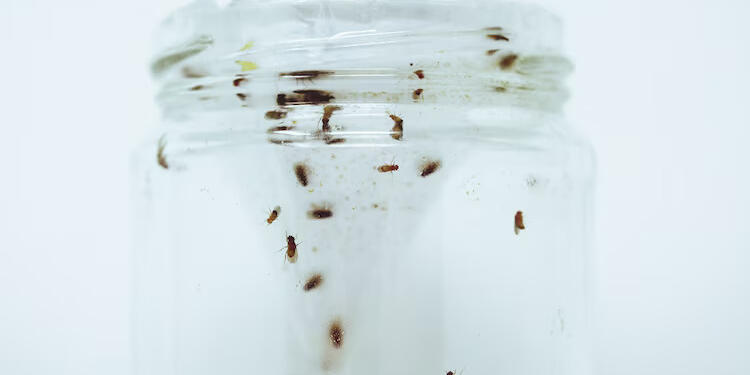A team of scientists from Mumbai’s Tata Institute of Fundamental Research (TIFR) will send fruit flies into space aboard Gaganyaan-1, India’s first human spaceflight mission. This experiment aims to study the biological effects of space travel while understanding the influence of microgravity on live organisms over the time of a short mission in space. The fruit flies (Drosophila melanogaster) were chosen for this study because they are genetically among the closest relatives to humans. It has been demonstrated that fruit flies share approximately 75% of the genetic pathways that are known to influence human diseases, which undoubtedly makes them an ideal and fairly practical choice for studying biological changes to be expected while in space.
Understanding the Biological Impact of Space Travel
Key researcher on the project, Juilee Adarkar, explained that the study is expected to simulate the changes that occur in the metabolic fitness and overall healthspan during the course of short-duration space travel—an operation of about seven days.
“Most studies on space biology have focused on long-term exposure aboard the International Space Station (ISS). We are filling a gap in understanding the aftermath of shorter missions like Gaganyaan,” Adarkar told Nature India.
To conduct the experiment, the team will place the fruit flies in multiple vials and monitor them in real time during the mission. Since the flies have a short lifespan of 5 to 60 days, they are well-suited for a mission lasting between 5 to 7 days.
The study will involve two groups of fruit flies—one group will be launched into space, while the other will remain on Earth as a control. By comparing both groups, scientists can identify biological differences caused by space travel.
Focus on the SIRT1 Gene
The study will consider only the SIRT1 gene, which encodes the SIRT1 protein. It is a member of the sirtuin family of enzymes responsible for regulating several cellular functions, such as metabolism, aging, and resistance to various stresses.
“We will study whether increasing or decreasing the levels of SIRT1 can provide protection to organisms from space travel’s deleterious effects. This will enable dietary or pharmaceutical interventions to improve astronauts’ health,” said Ullas Kolthur, lead scientist for the project.
Gaganyaan’s Mission Timeline
Gaganyaan’s maiden flight is scheduled for next year. The mission aims to send Indian astronauts into low-Earth orbit and bring them back safely. Before the crew mission, the program includes two uncrew test flights, with the first planned for 2025.






















